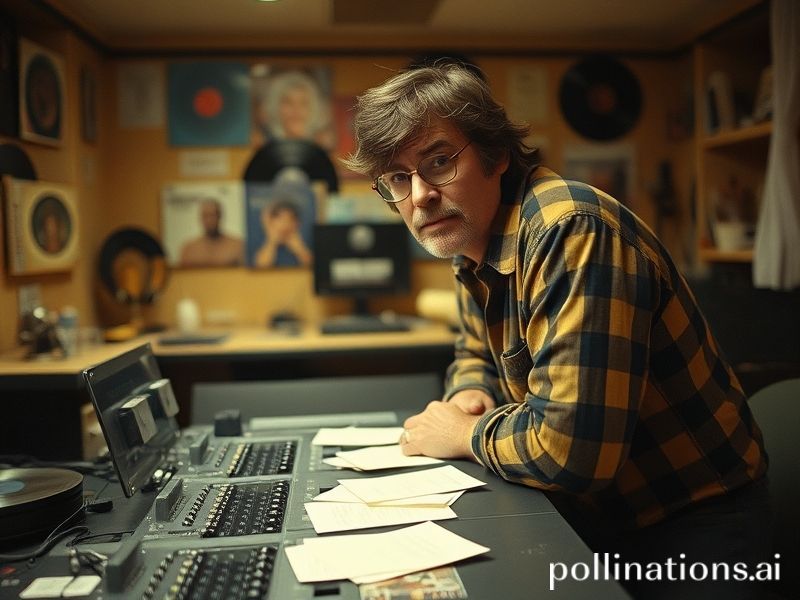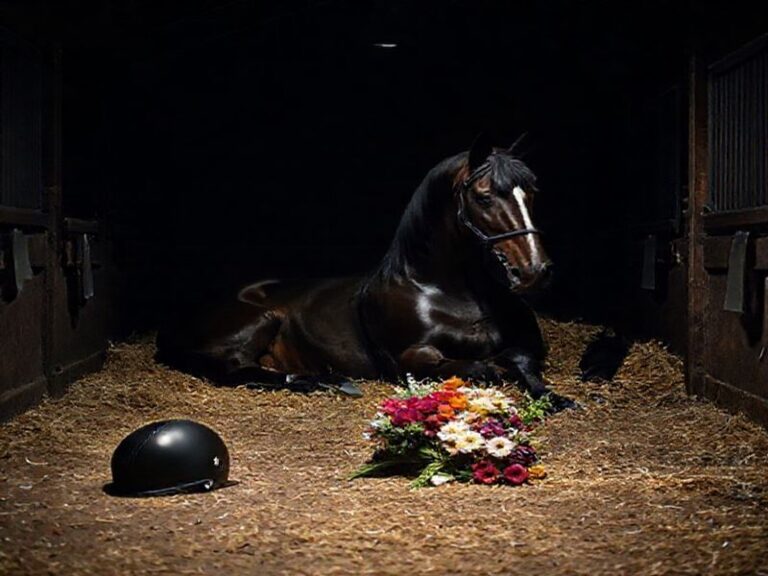Cameron Crowe’s Global Existential Crisis: When the Feel-Good Maestro Runs Out of Miracles
Cameron Crowe’s Existential Crisis—and Ours
A dispatch from the planet-wide screening room where the house lights never quite come up
By the time the news pinged across continents—Cameron Crowe, 66, was “stepping back to reassess narrative priorities,” a phrase that sounded suspiciously like Hollywood code for “my last film financed a small nation and still lost money”—the globe had already moved on to fresier apocalypses. In Jakarta, ride-share drivers queued for subsidised petrol, scrolling past the headline between brake-checks. In Madrid, undergraduates debated whether “Crowe” was a crypto coin. Meanwhile, studio accounting departments from Burbank to Bollywood performed the ancient ritual of pretending the international box office simply “didn’t travel post-Covid,” a mantra recited whenever art meets arithmetic and art loses.
Still, Crowe’s miniature meltdown matters, if only because his career has been a two-decade masterclass in selling sincerity to a world that ran out of it sometime around the first TikTok war crimes livestream. From *Almost Famous*—a film that convinced every suburban teenager they were one tour bus away from redemption—to *Aloha*, a movie so universally panned that Pyongyang reportedly screened it twice as morale sabotage, Crowe has documented the West’s heroic self-delusion with the gentle insistence of a man handing out flowers at an execution.
The international takeaway? Every empire gets the rom-com it deserves. America’s was *Jerry Maguire*: loud, sentimental, and convinced that one principled memo can fix institutional rot. The EU’s is still stuck in development hell, a multilingual co-production nobody can finance because the German rebate requires 40 % grief counselling. China’s version will star an algorithmically generated influencer who never ages, never scandalises, and thanks the Party in the post-credits stinger. Streaming services, those supranational vending machines of content, have already optioned Crowe’s brand of heartwarming disillusion for a pan-Asian remake; the algorithm working title is *Love, Actually But With Supply-Chain Anxiety*.
Crowe’s current predicament—reportedly holed up in a Spanish finca rewriting a “small, personal” film about a divorced drone pilot who finds meaning in vintage vinyl—mirrors the broader geopolitical slump. Governments everywhere are pitching their own reboots: smaller cabinets, humbler militaries, greener slogans. None of them quite able to secure third-act financing. The irony, of course, is that while Crowe wrestles with the notion that maybe one man and his record collection can’t save the world, the world itself has adopted his tropes. World leaders now communicate in elevator-pitch platitudes. Diplomacy is basically a meet-cute with nuclear stakes. And every climate summit ends on the same hopeful freeze-frame, even as the credits roll over rising seas.
Critics on five continents argue that Crowe’s true export wasn’t feel-good banter but the illusion of intimacy—an American specialty now outsourced like everything else. Bollywood directors borrowed his monologues, K-dramas copied the rain-soaked reconciliations, and Nigerian Nollywood producers appreciated how economically he could stretch a U2 song over third-act montage. The result: a planetary monoculture where everyone knows the chord change that means “hug,” even if they’re queuing for water rations.
So when the man himself confesses exhaustion—telling *Le Monde* that “stories need to earn their oxygen”—the admission lands like a small earthquake in the global marketplace of escapism. If the high priest of uplift is out of miracles, what’s left for the rest of us? Bread, presumably, though the price has doubled and the circus now requires a premium subscription.
Perhaps that’s the final, sardonic gift of Crowe’s late-career crisis: a reminder that the show was always running on auxiliary power, humming along while the audience argued over seating assignments on a sinking ship. The credits aren’t rolling; the generator is simply out of diesel. And somewhere, in a darkened theatre with stained velvet seats, the world’s remaining optimists wait for the post-credits scene that never comes—hoping, against all evidence, for one last boombox held aloft to the heavens.







